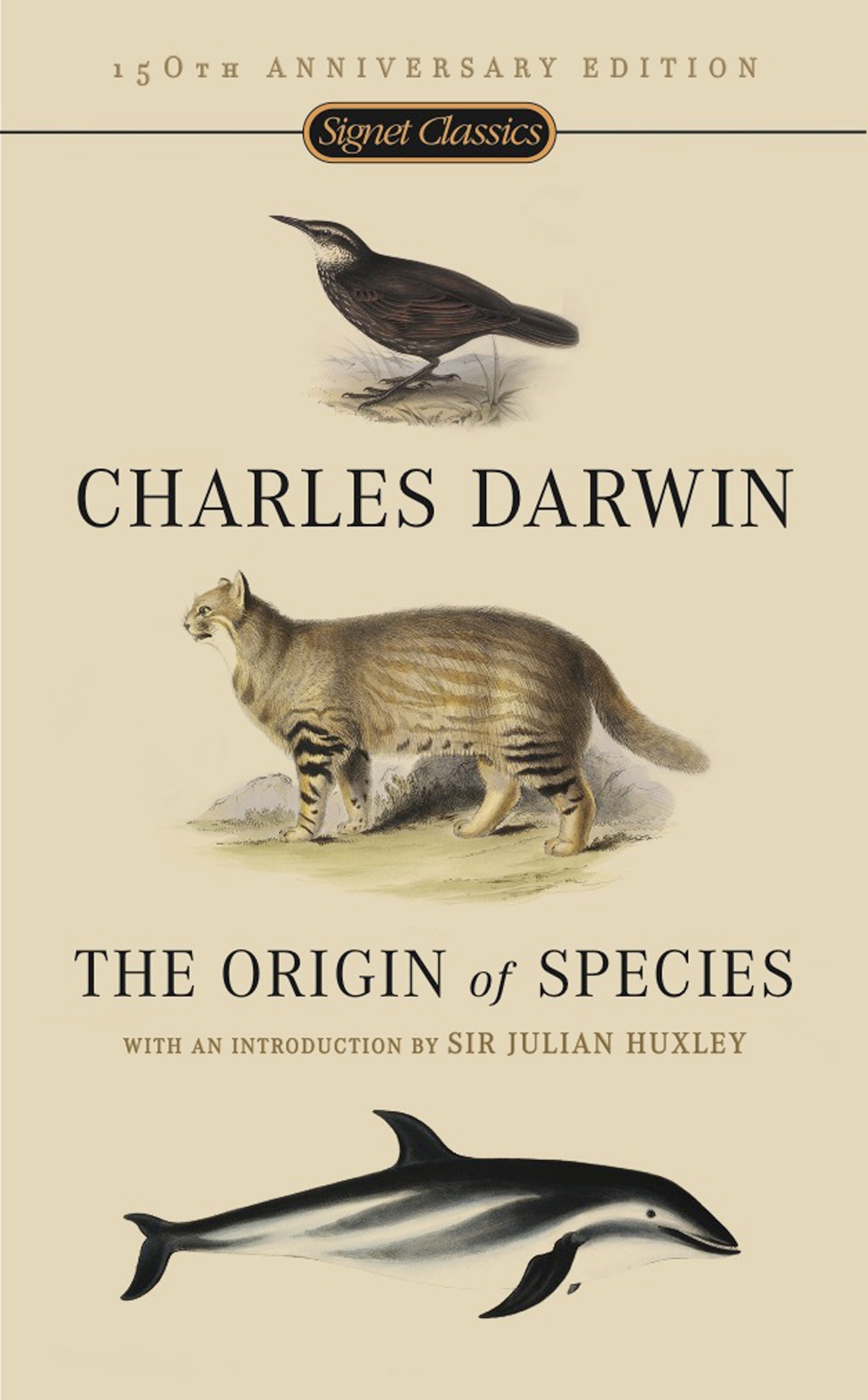
But Darwin’s theory of evolution was more radical. Zachary Davis: Lamarck’s theory was easy to accept because it kept God in his place as the great creator of all things. He said “They really haven't disappeared. How could these elephant-like creatures exist and not exist anymore? Why did God allow these creatures to disappear?Īnd Lemarque had a very simple solution. Robert Proctor: He had really proposed evolution because he was trying to get around the specter of extinction because there were, there had been discovered these fossils of creatures that no longer exist, giant elephants in the Americas, in Siberia the woolly mammoths, the mastodons in the Americas.

Lamarck’s theories answered a very important question of the day. Humans are actually a relatively new species. Since he saw humans as the most complex organisms, he believed humans were one of the oldest species. He concluded that the most complex organisms were the ones that had been around the longest, because they’d had the most time to evolve. The giraffe then passes that longer neck on to its offspring. Lamarck hypothesized that as a giraffe stretches its body to reach higher leaves on the trees, its limbs and neck get longer. To illustrate his theory, he liked to use the example of giraffes. In other words, he believed acquired traits could be hereditary. Lamarck believed that species evolved by passing on acquired traits to their offspring. Zachary Davis: French naturalist Jean-Baptiste Lamarck proposed an early theory of evolution in the early 1800s, roughly 50 years before Darwin wrote The Origin of Species. Robert Proctor: Now, there were some evolutionists, notably, uh, uh, Lamarck, for example. Zachary Davis: This idea was called natural theology. Species were ideas in the mind of God that had been created and fixed in final form. But a common view in the scientific community was that God had created species in a perfect form and that the whole idea of species having origins, prior to Darwin, was an oxymoron in the sense that we today would not say that a triangle has a history or blue has a history. Most people don't think about these things at all.

Robert Proctor: Well, of course it depends on who we're talking about. Zachary Davis: So, what did people believe about the natural world and its relation to humanity, human beings before Origin? For this episode, I sat down with Professor Robert Proctor to discuss Charles Darwin’s On the Origin of Species. In each episode, I talk with one of the world’s leading scholars about one book that changed the course of history. Zachary Davis: Welcome to Writ Large, a podcast about how books change the world. It shows really for the first time that we are all bonded together, all living creatures, through a single origin that goes back, as we now know, probably about four billion years. It's the, the book that really links human life to all of the rest of life and vice versa. Robert Proctor: It's possibly the most important book ever published. Zachary Davis: Darwin shared his theory of evolution in his 1859 book The Origin of Species. I'm professor of the History of Science at Stanford University, where I'm also professor, by courtesy, of Pulmonary Medicine. He, he finds that our essence is, is a “becoming” essence. Robert Proctor: Darwin is the historian of life, in a way.

We know about evolution and the origins of the variety of life on Earth because of the discoveries of English naturalist Charles Darwin. But what’s even more fascinating is that this process continues it never stops. It’s really amazing to think that over time, different organisms evolved in different ways to make up life on the planet as we know it today. Bears share a common ancestor with the sea sponge? Seals are closely related to skunks? I could see that dogs evolved from wolves and how turtles and tortoises were related.īut as my eyes moved down the trunk of the tree, I began to see some connections that didn’t quite make sense at first. I loved looking at the connections between different organisms. Sometimes, I would break my pencil on purpose just to have an excuse to look at the poster. It was a giant poster on the wall, right next to the pencil sharpener. He was a member of the BBC Radio Drama Company, where reading short stories and serials started his audiobook career.Zachary Davis: I remember first seeing an image of The Tree of Life in 3rd grade, in Mrs.
#ON THE ORIGIN OF SPECIES SERIES#
He has performed in television and film, and has written a successful series of introductions to Shakespeare for the BBC World Service. He has worked as an actor in the West End, and in theatres all over the UK and abroad, from Venezuela to Laos. Peter Wickham was born in New Zealand and studied for the theatre at the Rose Bruford College in England.


 0 kommentar(er)
0 kommentar(er)
